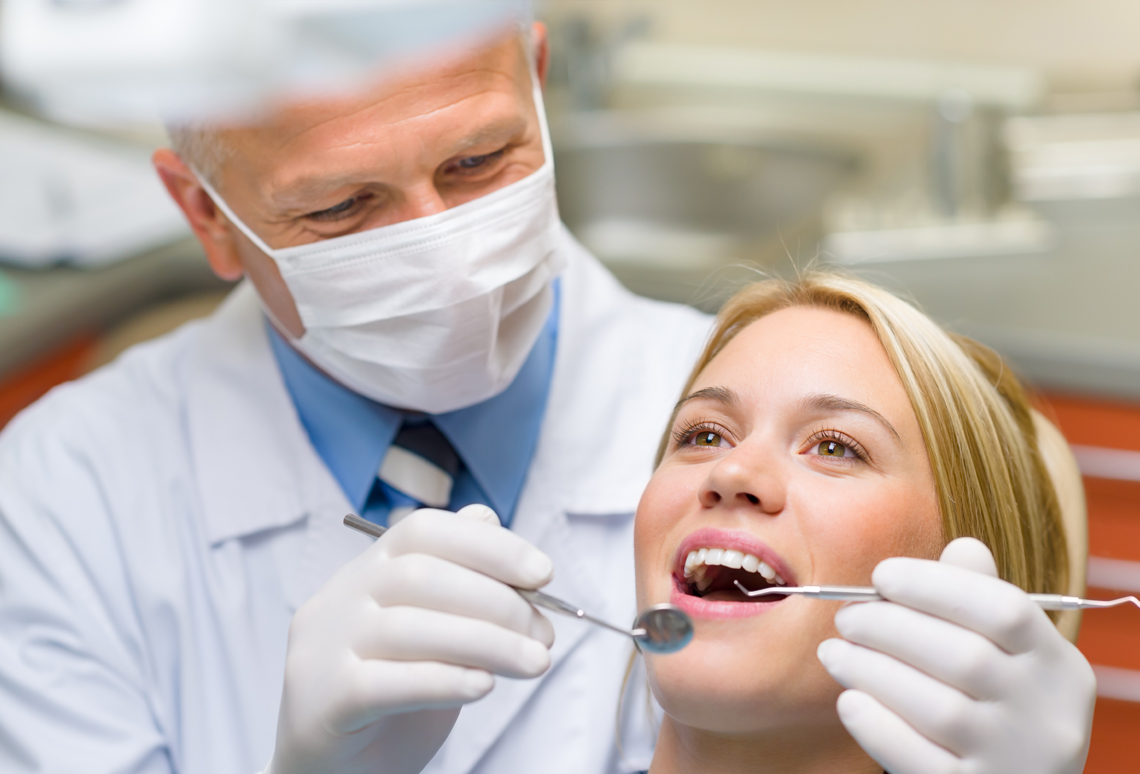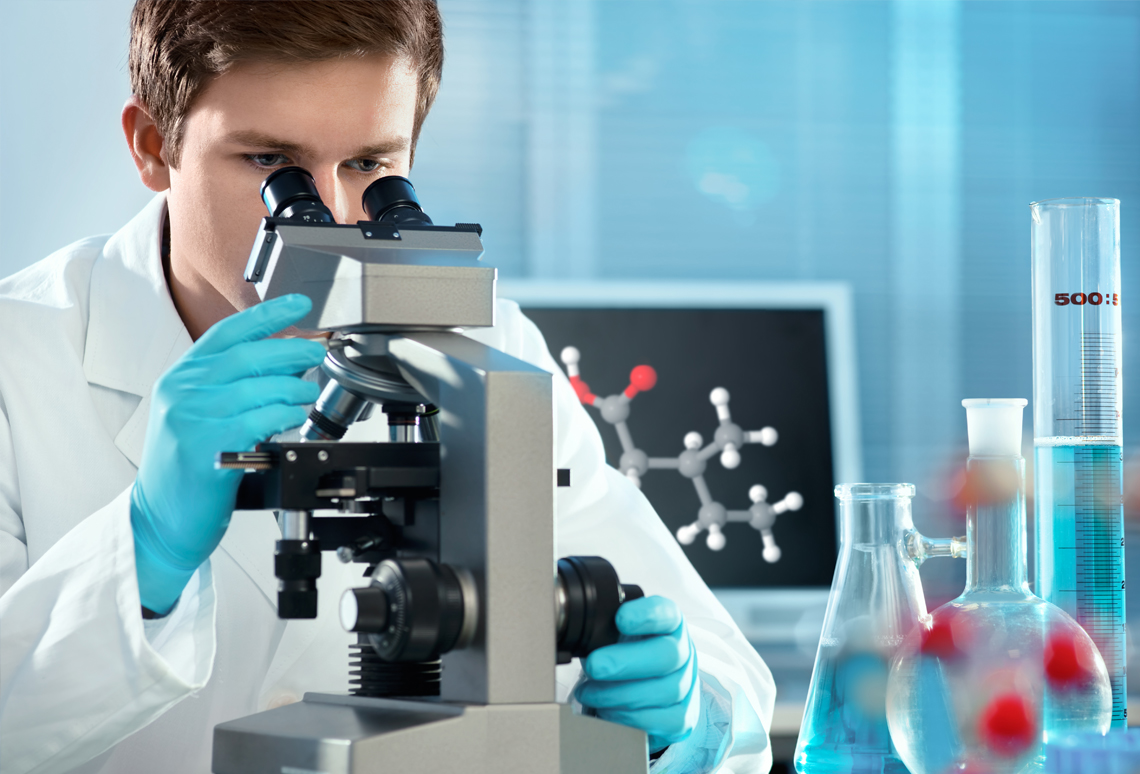Understanding and Preventing Dehydration in Seniors
Find a Doctor
What is dehydration?
Dehydration is a condition caused by significant water loss from the body, causing blood sodium levels to rise. Dehydration in young people is often caused by diarrhea, vomiting, or profuse sweating. When an individual has excessive water loss, they typically require the replenishment of water and electrolytes (to help maintain body functions.)
Dehydration in the elderly occurs more often than in young people for several reasons: 1) As people age, their sense of thirst decreases. While younger people may have dry mouth and know they should drink water, the aging population may either not notice the sensation or assume that the sensation is due to medicines they are currently taking. 2) Seniors who have difficulty getting around may choose to drink less to avoid having to go to the bathroom. 3) Dehydration in the elderly can also be related to incontinence or to medications with diuretic side effects.
How can you tell if someone is becoming dehydrated?
Although it’s not always apparent when an individual is becoming dehydrated, there are some important signs to watch for, especially in the elderly. It can also be wise to have elderly assistance services Boynton Beach, FL offers to help keep an eye out for these signs.
- Dry, flaky skin
- Dry mouth or nose
- Sunken eyes, no tears
- Minimal need to urinate
- Low blood pressure
- Difficulty with movement
- Confusion, headaches, or dizziness
- Rapid heart rate
What should you do if someone appears dehydrated?
If you notice these symptoms, encourage the individual to drink water or other fluids supplemented with electrolytes. If he or she is not able to keep down fluids or has diarrhea or black or bloody stools, it’s time to call 911.
How do you prevent dehydration in the elderly?
-
- Encourage them to drink small amounts throughout the day. Aim for at least 40 ounces of fluids per day. Water is best but juices, herbal teas, milk, mineral water, or almond milk are fine as well. Try fitting the 5 glasses (8 ounces each) in at these intervals:
- Wake up
- Breakfast
- Lunch
- Snack
- Dinner
- Encourage them to drink small amounts throughout the day. Aim for at least 40 ounces of fluids per day. Water is best but juices, herbal teas, milk, mineral water, or almond milk are fine as well. Try fitting the 5 glasses (8 ounces each) in at these intervals:
- Limit fluids after dinner to avoid potential incontinence issues.
- Avoid caffeinated beverages because of the diuretic effect.
- Encourage the consumption of soups, fruits, and vegetables that have high water content.
- Avoid alcoholic beverages
Thank you to our friends and contributors at Expicare Nursing Agency, Inc. for their insight into home health services and dehydration in elderly loved ones.




